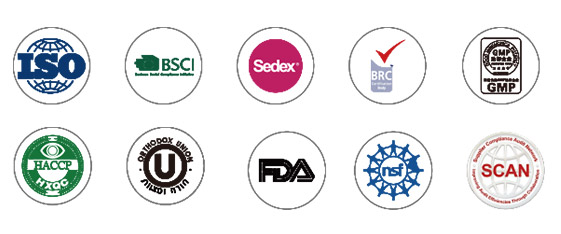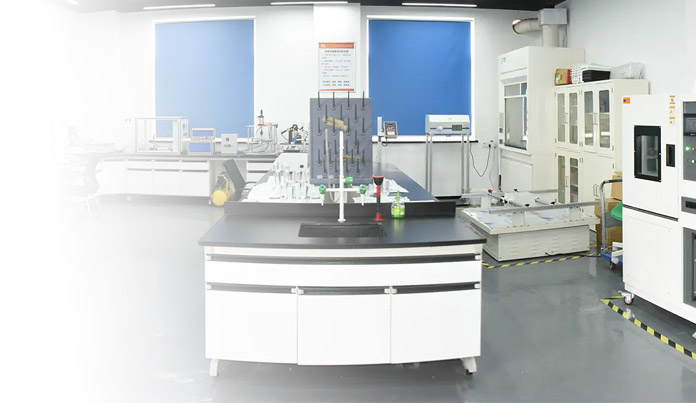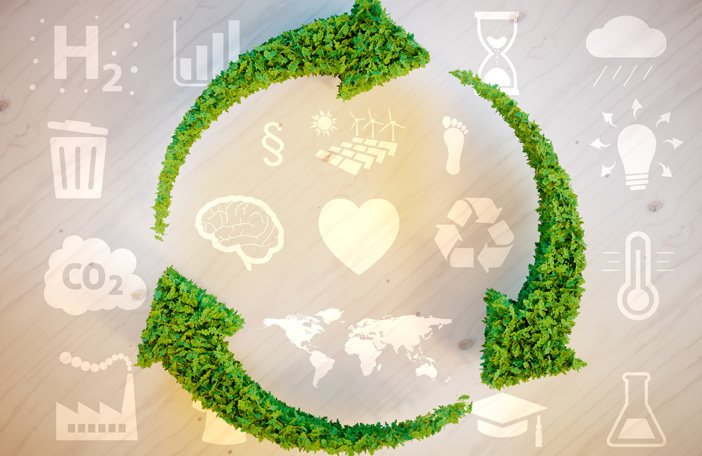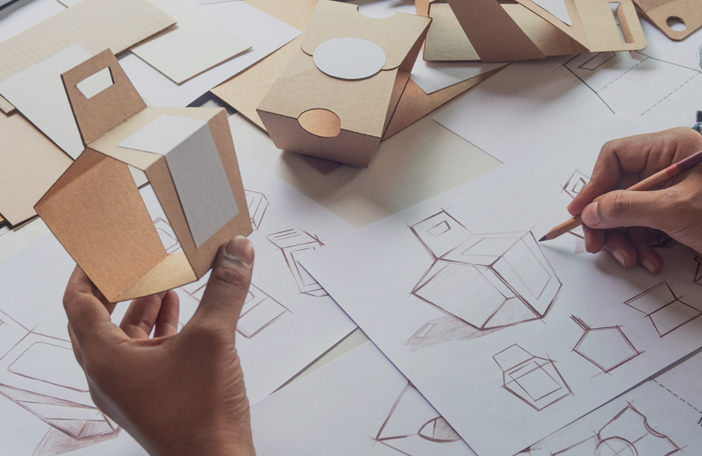- Disposable Biodegradable Tableware
- Disposable Biodegradable Straws
- Biodegradable Film & bag
- Biodegradable Tableware
- Disposable Biodegradable cup
- Plant Fibres Packing Box
- Plant Fibres Dinner Plate
- Plant Fibres Knife and Fork
- Plant Fibres Cup
- Plant fiber paper straws
Explore what we’re saying, what we’re sharing and what we’re thinking.
Read More










 English
English 日本語
日本語 Deutsch
Deutsch














-2022.08.30.jpg?imageView2/2/format/jp2)




